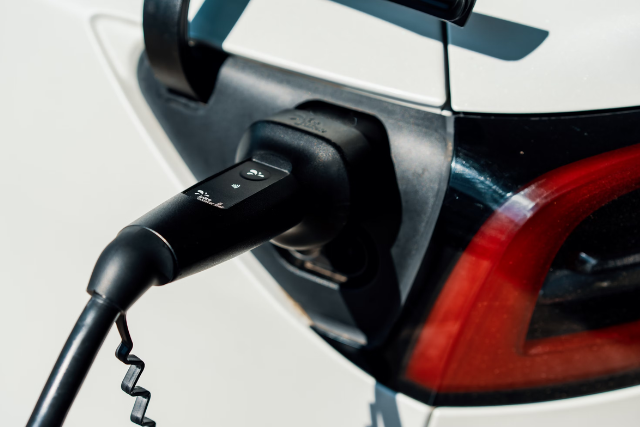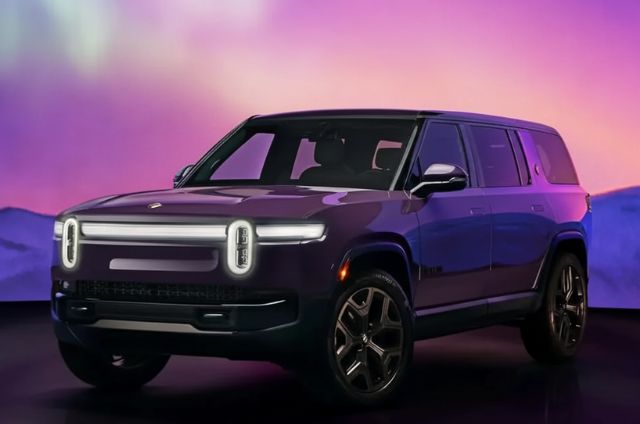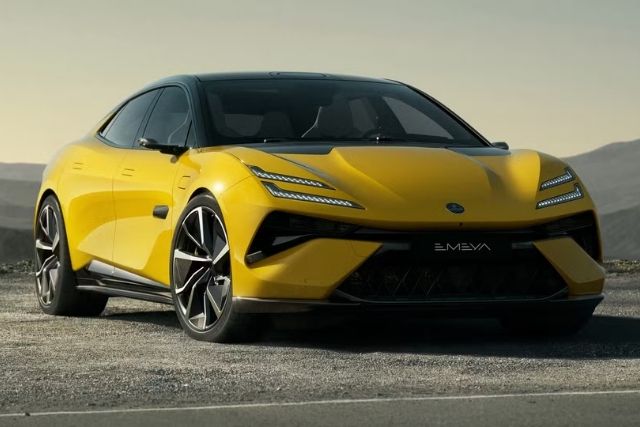EVs are becoming more popular, and with that comes the need to understand the different types of plugs available. Knowing which plug to use for your vehicle is crucial for efficient and safe charging. Here’s a breakdown of the most common plugs and charging systems to help you navigate the world of EV charging.
J1772 – North America and Japan
The Type 1 plug is one of the most common connectors for electric vehicles in North America and Japan. It’s a single-phase AC connector, and it’s often goes with older electric vehicles or hybrid models.
- Charging Speed: Up to 7.4 kW (Level 1 AC charging)
- Vehicles Compatible: Older EVs and some plug-in hybrids
Type 1 plugs are slower compared to more modern charging standards. Yet, they are still a good option for daily charging if you’re using a standard household outlet (Level 1 charging).
Mennekes – Europe and Growing Worldwide
The Type 2 plug, also known as the Mennekes connector, is the standard in Europe. It allows for both single-phase and three-phase AC charging, making it a more versatile option compared to Type 1. Type 2 plugs are used for public charging stations across the continent, and more manufacturers are adopting this system globally.
- Charging Speed: Up to 22 kW (Level 2 AC charging)
- Vehicles Compatible: Most modern electric vehicles, including Teslas (with an adapter)
The Type 2 plug supports faster charging speeds and is the go-to connector for public charging stations across Europe, making it a reliable choice for EV owners.
CCS (Combined Charging System) – DC Fast Charging
The Combined Charging System (CCS) is a more recent innovation that combines AC and DC charging capabilities in one connector. CCS comes in two versions: CCS Type 1 for North America and CCS Type 2 for Europe. The system is used for high-speed DC fast charging, allowing you to charge your EV much faster than standard AC charging.
- Charging Speed: Up to 150 kW (DC fast charging)
- Vehicles Compatible: Popular EVs like the Chevy Bolt, BMW i3, and Audi e-tron
CCS plugs are ideal for drivers who need fast charging on the go, as they allow for rapid top-ups at DC fast charging stations, cutting down charging times significantly compared to traditional AC charging.
CHAdeMO – Japan’s Standard for DC Fast Charging
The CHAdeMO plug is another fast-charging system, primarily used in Japan but also available in other parts of the world. It’s a DC fast charging plug, often found in EVs like the Nissan Leaf and Mitsubishi Outlander PHEV. CHAdeMO was one of the first widely adopted fast-charging standards for electric vehicles, but it’s slowly being phased out in favor of CCS.
- Charging Speed: Up to 62.5 kW (DC fast charging)
- Vehicles Compatible: Nissan Leaf, Mitsubishi Outlander PHEV
While still a popular standard, the rise of CCS has caused CHAdeMO to become less common at newer charging stations, especially in Europe and North America.
Tesla Supercharger – Tesla’s Proprietary Plug
For Tesla owners, the Tesla Supercharger network is one of the fastest and most convenient ways to charge their EVs. Tesla uses its own proprietary connector in North America, while in Europe, it has adopted the Type 2 plug for its Supercharger stations.
- Charging Speed: Up to 250 kW (Tesla Supercharger V3)
- Vehicles Compatible: Tesla models
Tesla’s Supercharger stations are famous for their ultra-fast charging, allowing Tesla owners to charge their cars in a matter of minutes, especially useful during long road trips.
Choosing the Right Plug for Your EV
To make sure you’re charging your EV properly, always check which plug is compatible with your vehicle model and where you’ll be charging. Public charging stations typically offer a variety of plug types, while home charging setups will depend on your vehicle’s charging requirements and the available electrical outlets.
As the EV market grows, so too does the range of charging solutions available, giving electric vehicle owners more flexibility and faster options to keep their vehicles charged and ready to go.
By understanding the different plugs and their capabilities, you can ensure that your EV charges properly and efficiently, no matter where you are!



